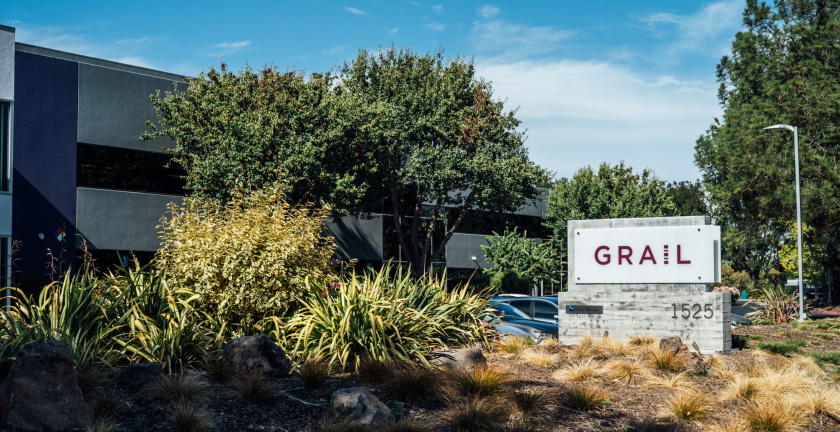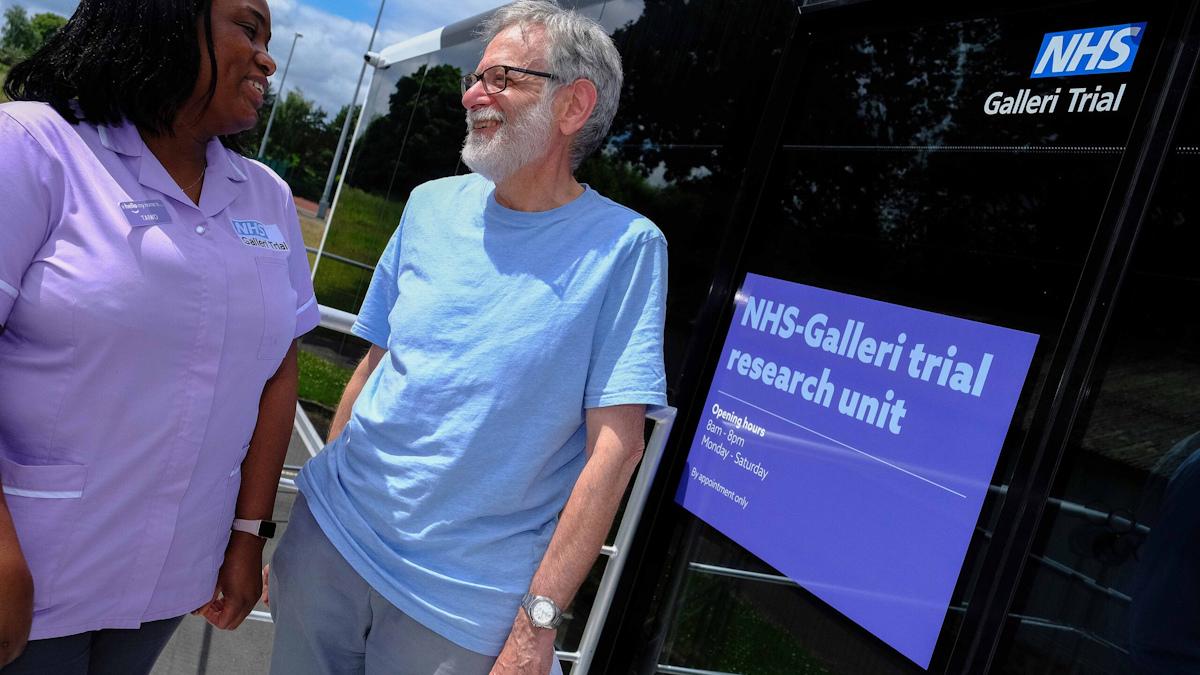NHS England starts largest ever trial of Galleri cancer blood test

A blood test called Galleri that could detect dozens of different forms of cancer before symptoms appear will start trials by the NHS in England involving around 140,000 subjects.
Volunteers aged between 50 and 77 are being sought to trial the diagnostic developed by California biotech Grail, which spun out of Illumina in 2016 and agreed to be reacquired by the lab technology giant last month.
Starting today, mobile test clinics in various regions across England will be taking blood samples from subjects to assess how well Galleri performs in a real-world clinical setting.
If the blood test – sometimes referred to as a liquid biopsy – performs in the trial it could offer a less-invasive alternative to traditional cancer diagnostic techniques such as tissue biopsies. It would also be scalable for widespread cancer screening and may allow people with cancer to start treatment earlier.
According to Grail, Galleri can detect more than 50 cancer types in their early stages, including some which aren't detectable using current screening technologies.
The test – which works by finding chemical changes in fragments of cell-free DNA (cfDNA) that leak from tumours into the bloodstream – is already available in the US at a cost of around $950, but so far hasn't been covered there by health insurance.
Results of the study are expected by 2023 and – if positive – testing would be rolled out to one million people in 2024 and 2025.
Grail is one of a clutch of biotechs focusing on liquid biopsies for cancer, with rivals including Angle, Guardant Health, Thrive, Foundation Medicine and Epic Sciences, among others.
"This quick and simple blood test could mark the beginning of a revolution in cancer detection and treatment here and around the world," said NHS England chief executive Amanda Pritchard.
"The Galleri blood test, if successful, could play a major part in achieving our NHS Long Term Plan ambition to catch three quarters of cancers at an early stage, when they are easier to treat." She added.
The NHS is already sending out letters inviting tens of thousands of people from different backgrounds and ethnicities, who must not have had cancer in the last three years. After an initial blood test, they will be invited back to provide another to more samples 12 and 24 months later.
Half the participants will have their blood sample screened with the Galleri test right away and the other half will have their sample stored and may be tested in the future. This will allow scientists to compare the stage at which cancer is detected between the two groups.
The NHS-Galleri trial is being run by Cancer Research UK (CRUK) and King's College London (KCL) in partnership with the NHS and Grail.













